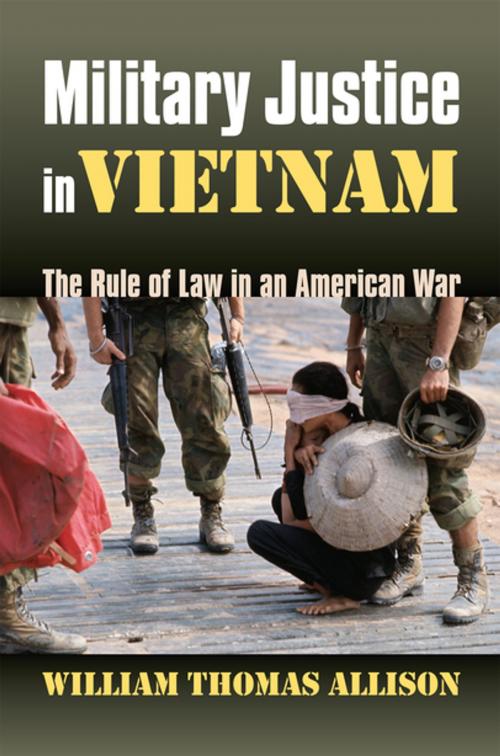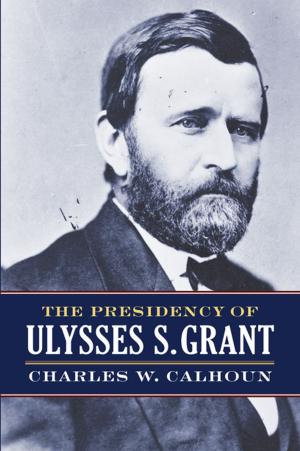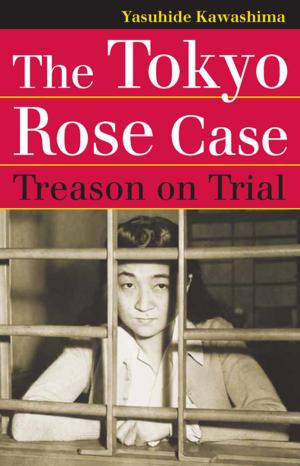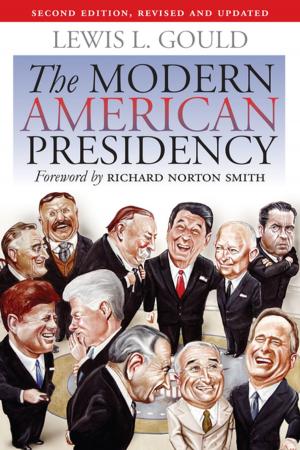Military Justice in Vietnam
The Rule of Law in an American War
Nonfiction, History, Military, Vietnam War, Asian| Author: | William Thomas Allison | ISBN: | 9780700625918 |
| Publisher: | University Press of Kansas | Publication: | August 22, 2017 |
| Imprint: | University Press of Kansas | Language: | English |
| Author: | William Thomas Allison |
| ISBN: | 9780700625918 |
| Publisher: | University Press of Kansas |
| Publication: | August 22, 2017 |
| Imprint: | University Press of Kansas |
| Language: | English |
The My Lai Massacre was the most publicized incident subjected to military law during the Vietnam War, but military lawyers in all the service branches had their hands full with less-publicized desertions, drug use, rapes, fraggings, black marketeering, and even small claims. William Allison reveals how the military justice system responded to crimes and infractions both inside and outside the combat zone and how it adapted to an unconventional political, military, and social climate as American involvement escalated.
In taking readers to war-torn Vietnam, Allison's study depicts a transitional period in the history of the Uniform Code of Military Justice, which was revised in 1968. Reflecting American beliefs in discipline and efficiency in military operations, the Code and its implementation were viewed as an integral facet of pacification and counterinsurgency programs. As Allison makes clear, military law and justice in Vietnam were not intended merely as behavioral controls but were also promoted to the Vietnamese as American ideals: respect for the rule of law and an example of the best that democracy had to offer.
American military law and lawyers made near daily contact with the Vietnamese people, and those interactions open an unusual window on the war and also shed light on contemporary military operations and nation-building missions. Based on deep research into wartime archives and interviews with participants in that conflict (including his own father, a Marine Corps lawyer who served in Vietnam), Allison offers a reflective and well-rounded picture of daily life for military lawyers in Vietnam. That portrait also illuminates the complexities of trying to impose military law and justice on a foreign culture not accustomed to Western-style democracy.
As Allison shows, while the difficulties were great and military justice may have fallen short of its goals, as in the My Lai case, military lawyers conducted themselves with honor in Vietnam. And as military crimes in Iraq dominate today's news and military justice in a combat zone continues to challenge our democratic ideals, his book provides critical insight into the historical process that underlies American military law today.
The My Lai Massacre was the most publicized incident subjected to military law during the Vietnam War, but military lawyers in all the service branches had their hands full with less-publicized desertions, drug use, rapes, fraggings, black marketeering, and even small claims. William Allison reveals how the military justice system responded to crimes and infractions both inside and outside the combat zone and how it adapted to an unconventional political, military, and social climate as American involvement escalated.
In taking readers to war-torn Vietnam, Allison's study depicts a transitional period in the history of the Uniform Code of Military Justice, which was revised in 1968. Reflecting American beliefs in discipline and efficiency in military operations, the Code and its implementation were viewed as an integral facet of pacification and counterinsurgency programs. As Allison makes clear, military law and justice in Vietnam were not intended merely as behavioral controls but were also promoted to the Vietnamese as American ideals: respect for the rule of law and an example of the best that democracy had to offer.
American military law and lawyers made near daily contact with the Vietnamese people, and those interactions open an unusual window on the war and also shed light on contemporary military operations and nation-building missions. Based on deep research into wartime archives and interviews with participants in that conflict (including his own father, a Marine Corps lawyer who served in Vietnam), Allison offers a reflective and well-rounded picture of daily life for military lawyers in Vietnam. That portrait also illuminates the complexities of trying to impose military law and justice on a foreign culture not accustomed to Western-style democracy.
As Allison shows, while the difficulties were great and military justice may have fallen short of its goals, as in the My Lai case, military lawyers conducted themselves with honor in Vietnam. And as military crimes in Iraq dominate today's news and military justice in a combat zone continues to challenge our democratic ideals, his book provides critical insight into the historical process that underlies American military law today.















